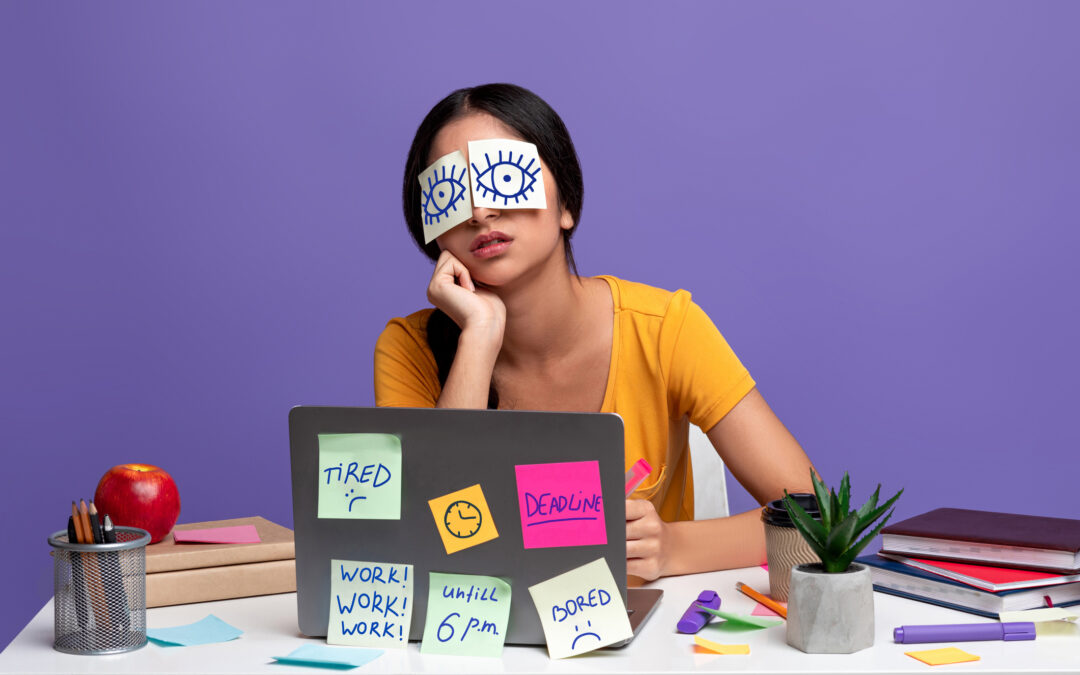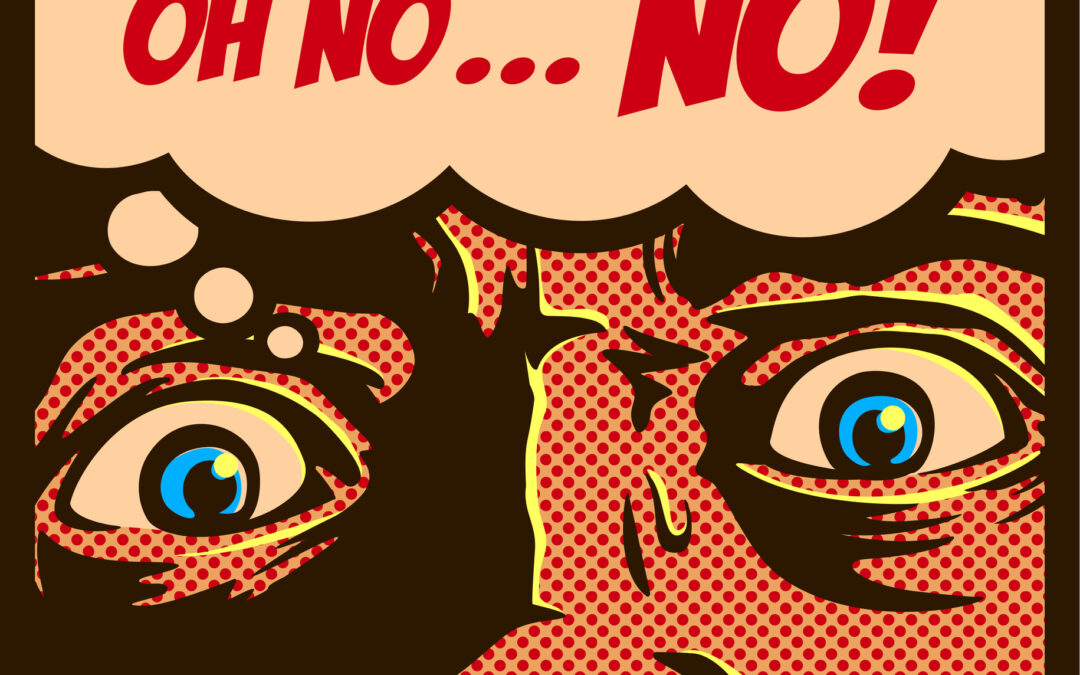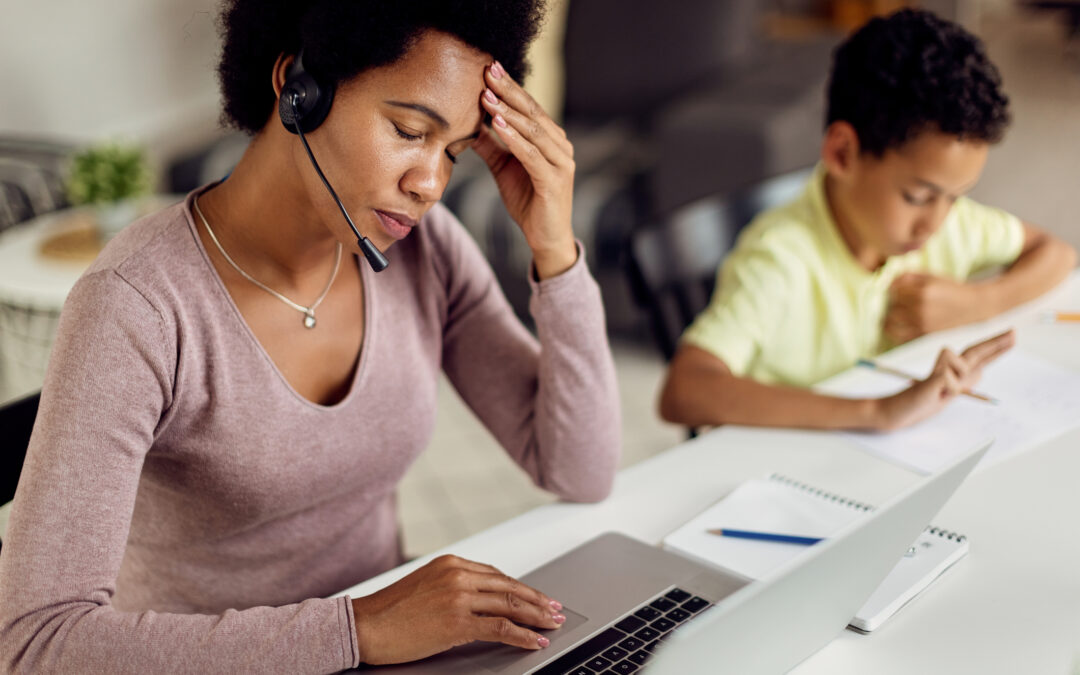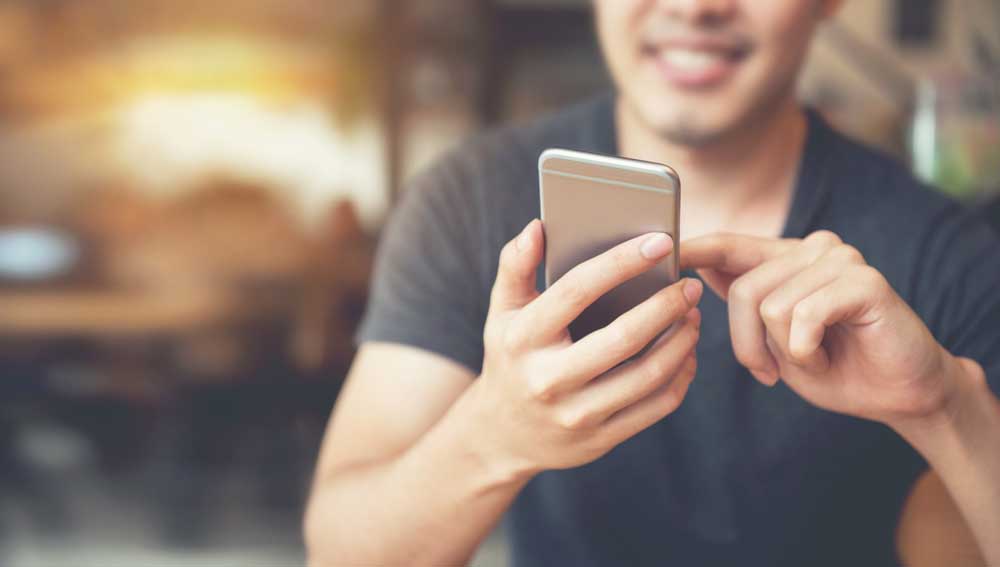DEPRESSION RECOVERY APPS
1. TalkLife (online support tool)
Cost: Free
Are you looking for a virtual community to support you through your experience with depression or anxiety? TalkLife does just that! It is a peer support group, akin to group therapy, for those that just need a place to talk things out and maybe even make new friends.
2. Stay Alive (suicide prevention)
Cost: Free
Among other tools, this app features instant access to crisis hotlines, a customizable mini-safety plan, a list of practical strategies for maintaining personal safety, and a LifeBox for uploading pictures from your phone to remind you of reasons to stay alive. Note: If you are having thoughts of suicide, an app alone will not take the place of professional counseling or emergency crisis services (1-800-273-TALK).
3. Microsoft To Do (productivity)
Cost: Free
Difficulty focusing and self-motivating are common depression symptoms. Microsoft To Do is useful for breaking down overwhelming tasks with to-do lists, deadline setting, and coordination with others. For many, getting organized can be the first step toward a more motivated, managed life.
EATING DISORDER RECOVERY APPS
4. Rise Up + Recover (eating disorder monitoring and management tool)
Cost: Free
This password-protected app provides convenient meal logs (without calorie counting). Using quick scales, you can also easily track the emotions and behaviors that went along with each meal. There’s also a wealth of inspirational quotes and affirmations to keep you on track toward eating disorder recovery.
5. Recovery Record (eating disorder monitoring and management tool)
Cost: Free
This app allows you to share your food and mood log with your participating dietician or mental health counselor. It provides useful charting and data so you can track your progress. Meal plans, coping skill suggestions, and supportive messages are also included. This app has been voted the top eating disorder app for four years in a row!
PTSD APPS
6. PTSD Coach (research-based self-help skills)
Cost: Free
PTSD Coach was developed by the U.S. Department of Veterans Affairs. Besides a thorough list of trauma-focused coping skills, this app includes PTSD screening, progress tracking tools, and informative treatment resources. This app has been downloaded over 100,000 times and is supported by several small research studies which found that PTSD COACH helped PTSD sufferers better track and manage symptoms.
7. What’s Up? (guided grounding skills, journal, CBT & ACT techniques)
Cost: Free
This password-protected app features several guided coping skill options that can help keep you grounded when triggered by flashbacks or intrusive memories. What’s Up also features amazing forums for connecting with others around the world. CBT (Cognitive Behavioral Therapy) and ACT (Acceptance Commitment Therapy) coping tools are also provided.
ANXIETY APPS
8. Stop Panic & Anxiety Self-Help (guides you through a panic attack)
Cost: Free
This app is most useful for those who have come to fear having panic attacks. It includes audio training based on cognitive-behavioral therapy (CBT), coaching you in the midst of an acute anxiety episode. It also features relaxation audio recordings, an anxiety diary, and resource articles about panic disorder and anxiety.
9. Breathe2Relax (guided breathing exercises and stress management tool)
Cost: Free
Breathe2Relax teaches users how to use diaphragmatic breathing effectively to decrease stress and flip off the body’s internal fight/flight response. This app is highly visual, helping users easily focus on the guided breathing exercises.
10. Calm (guided meditation)
Cost: Free (in-app upgrades available at cost)
This app includes 7 guided meditation sessions (2-30 minutes in length), 16 music meditation tracks, 10 amazing and immersive nature scenes, and a step-by-step meditation training program. Their website (www.calm.com) also provides samples on their homepage. “Calm” is an amazing resource for anxiety reduction!
INSOMNIA APPS
11. Sleep Cycle Alarm Clock (Alarm clock synched to your unique sleep cycle)
Cost: Free (premium subscription costs $23.99 per year)
This app helps you wake up feeling rested. It analyzes your sleep cycle (providing customized graphs and statistics). Then a self-selected melody wakes you up at the time when you are in the lightest sleep phase. You can choose to be awakened abruptly (like a normal alarm) or slowly, over a customizable 0-90 minute time-frame. The premium version of the app also provides a sleep aid, heart rate monitor, and Philips HUE light bulb to mimic waking up to a natural sunrise.
12. Sleepio (Comprehensive sleep training program)
Cost: Free if you participate in their research program; $300 per year otherwise
This is a researched-based sleep course that utilizes Cognitive Behavioral Therapy (CBT) for insomnia sufferers. The program includes weekly consultations with a sleep specialist, sleep testing, and a customized sleep-improvement to-do list. Participants found a 58% increase in daytime energy and concentration, 62% fewer nighttime awakenings, and a 54% reduction in time to fall asleep.
If you are interested in receiving professional counseling to help you overcome anxiety, insomnia, depression, PTSD, or an eating disorder, the licensed counselors at Star Meadow Counseling are available to help. Online scheduling is available.

Life Hacks For When Everything Feels Hard
Mental health challenges like depression, anxiety, and ADHD can make for difficult days. Ideally, with the right combination of therapy, coping skills, or medication, there won’t be so many hard days. But sometimes we hit a rough patch or experience a stressor or...

3 Unconventional Ways to Stop a Panic Attack
Panic attacks feel different for everyone, but typically include sensations like a pounding heart, sweating, a feeling of terror, constricted or rapid breathing, and feeling as though the room is closing in on you or spinning. Regardless of how they present, a...

Deep Breathing: Why Do It?
If you have ever felt frustrated by being told to just "take a deep breath" when you are feeling angry or anxious, you aren't alone. It's difficult to heed this advice when, in the moment, the mind and body are distracted or dysregulated. The adage of "just breathe"...

7 Skills to Try When You Feel “Overwhelmed”
Have you ever felt completely overcome by an intense emotions? Have feelings at times felt challenging to manage and overcome? The experience of being “overwhelmed” is uncomfortable and impactful in your life at work, home, or school. Defining "Overwhelm" Emotional...

Exposure and Response Prevention for Effective OCD Treatment
Exposure and Response Prevention (ERP) is a form of Cognitive Behavioral Therapy (CBT) that involves purposefully exposing yourself to feared stimuli or situations in order to learn a new way of responding to them. If you struggle with OCD, this explanation of...

